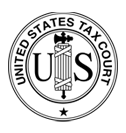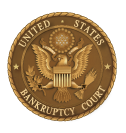Hire an Experienced Bankruptcy Attorney -It Makes a Difference
Are you thinking of filing bankruptcy and looking for an attorney to represent you through the process? Calling around to get a fee? Looking for the lowest fee possible? Remember you get what you pay for. Bankruptcy is a very technical process and must be done correctly to receive a discharge of your debts and protection of your assets.
Don’t be penny wise and pound foolish. Seek an experienced bankruptcy attorney to move you through the process. Don’t lose $10,000 trying to save $100 in fees. Our office has handled 1,000’s of cases and we have the ability to represent you. Our number one goal is to work toward the best long term outcome for you and your family.
OUR LAW OFFICE
Since 1992, the primary focus of Keegan & Co. Attorneys, LLC is bankruptcy law. Our experienced attorneys will guide you through to a debt free life. We have over 55 years of combined experience.
FREE CONSULTATION
Call 513-752-3900 to schedule a free consultation to discuss your individual situation. Our attorney will advise you as to the best road for you. Sometimes bankruptcy is the answer, sometimes it’s not the best decision. We will advise what is best for you.
At this free consultation the attorney will quote you a fee. We will accept monthly payments until your case is filed.








